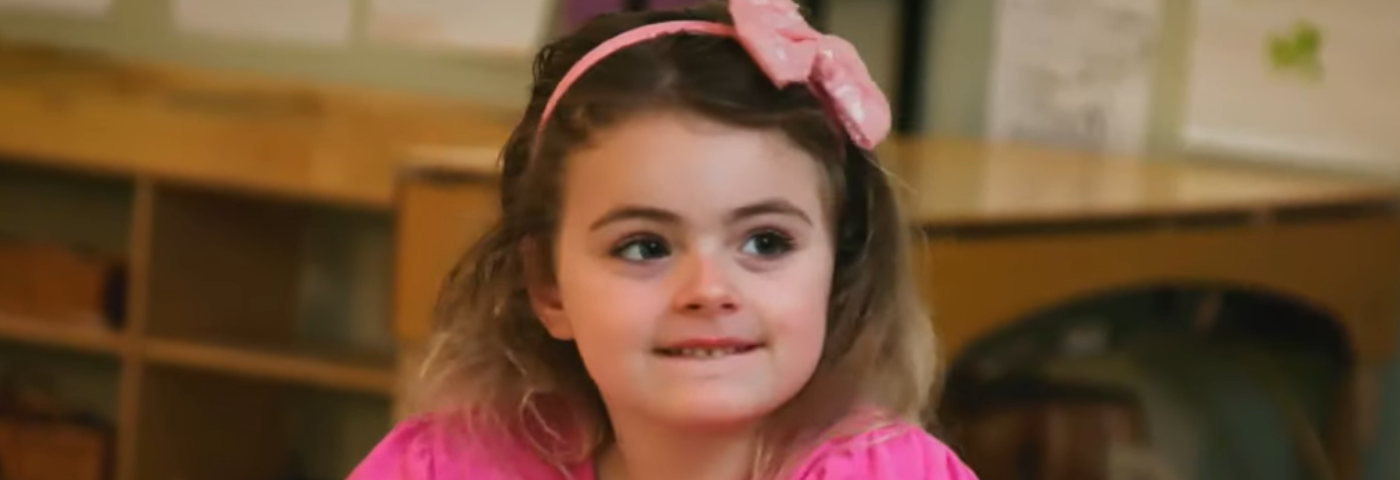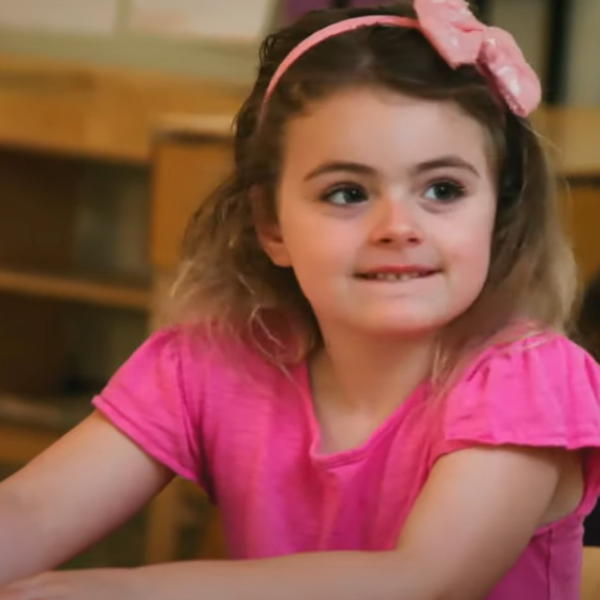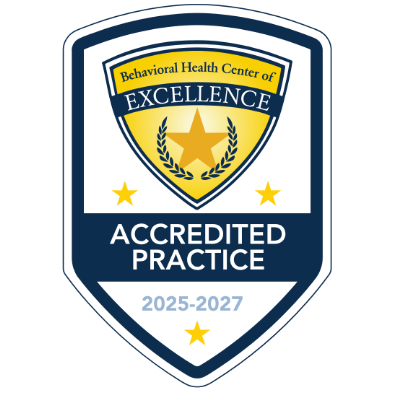What Makes Siskin’s Autism Services Different
We understand it can be difficult to know where to start when you have concerns about your child’s developmental progress, and we are pleased to assist throughout the journey—from diagnosis to therapy. In addition to autism diagnosis, we offer a variety of other medical diagnoses, as well as ABA therapy, feeding therapy, occupational therapy, and speech therapy.
Receiving an official autism diagnosis is the first step in helping your child gain access to therapy and support services. Early evaluation and diagnosis are critical to providing children with the therapy services they need to thrive. We are happy to be able to provide a diagnosis for autism to those in the Chattanooga (18 mo. – 5 years) and Nashville (18 mo. – 8 years) area, as well as families who can visit our locations in these areas.





